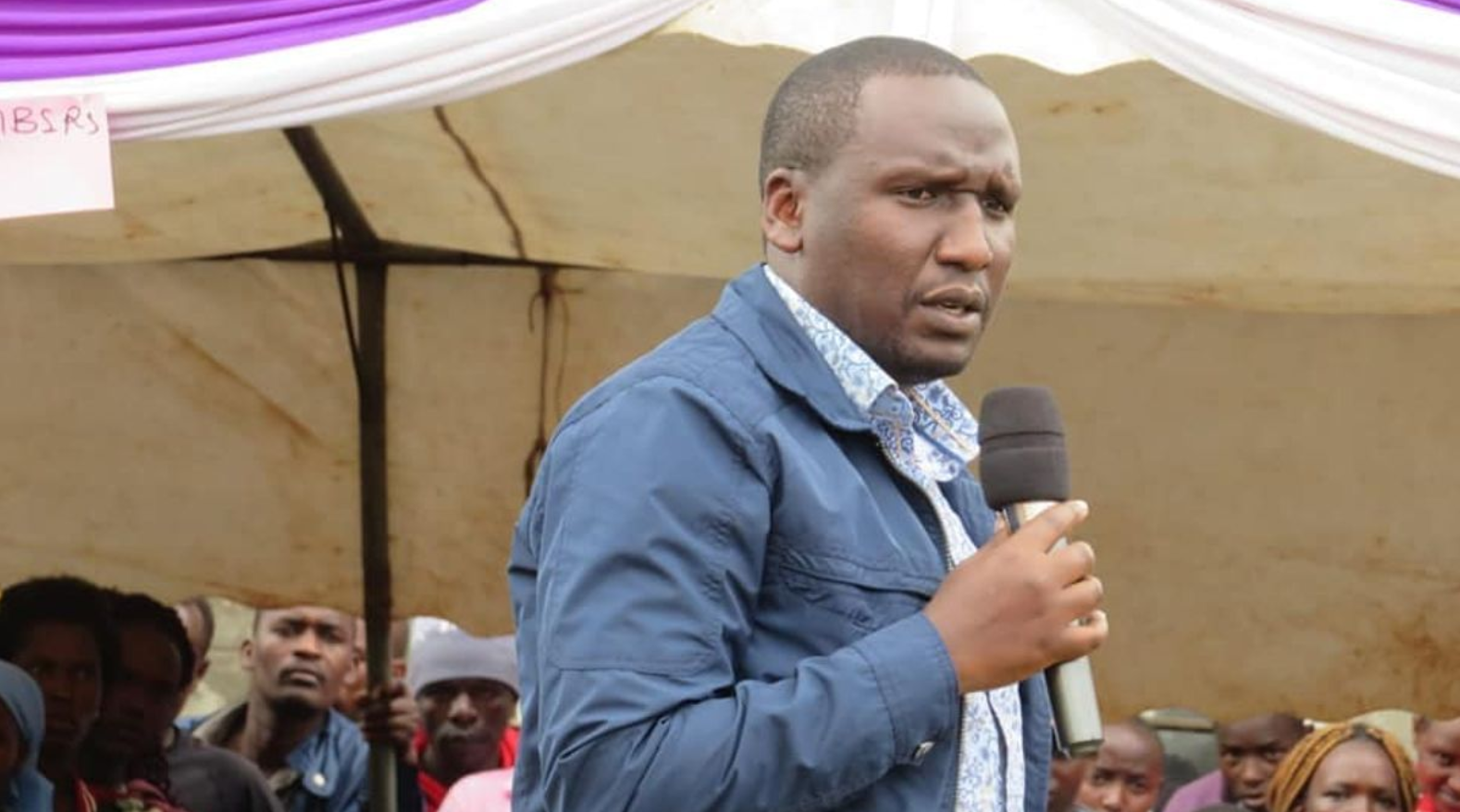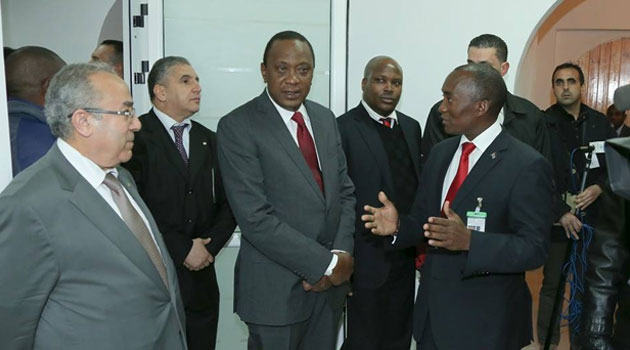In a quiet but seismic move that could change how Kenya announces its next president, President William Ruto and opposition leader Raila Odinga have thrown their weight behind a controversial plan to cut the powers of the IEBC chairperson in declaring presidential election results.
The proposed law, already tabled in the Senate, seeks to share this solemn responsibility with all 290 constituency returning officers.
Proponents say it will promote transparency and speed up the results process. But critics fear it’s a dangerous political handshake that quietly undermines Kenya’s democracy, handing election outcomes to a decentralized—and potentially manipulated—network.

Ruto-Raila Deal Is a Silent Push to Weaken the IEBC Chairperson’s Authority
A clause buried in the National Dialogue Committee (NADCO) report is now at the center of a brewing storm. Spearheaded by Senator Okong’o Omogeni and supported by both Ruto’s Kenya Kwanza and Raila’s Azimio la Umoja coalitions, the bill proposes a major change to the presidential election process.
For decades, the chairperson of the Independent Electoral and Boundaries Commission (IEBC) has been the sole authority legally empowered to announce the winner of Kenya’s most powerful seat. This proposal seeks to scrap that power.
“We want to eliminate the idea that the chairman of the IEBC is the only one who can declare the presidency,” Omogeni revealed during a live Citizen TV interview. “We have proposed that this responsibility be given to the 290 returning officers.”
This means that instead of the IEBC chairperson verifying and declaring results at the national tallying centre in Nairobi, each constituency returning officer would independently count, tally, and announce presidential results.
Supporters argue that this move will decentralize power, eliminate political tension, and prevent future legal disputes. But the timing and bipartisan agreement on the matter raise red flags about backdoor political deals disguised as electoral reform.
Plan to Prioritize and Fast Track Presidential Results
According to Omogeni, the proposed reform doesn’t just change who declares results—it also changes how and when they’re declared.
The bill seeks to prioritize the presidential vote ahead of the five other positions in every general election. This means that before any MCA, MP, or governor results are counted, the presidential ballots must be tallied and announced.
“The counting of the presidential election results will be the first task in all six elections. You start with the presidential. When you finish, you make a declaration so that we have the results by 11 am,” he explained.
On paper, this sounds efficient. In practice, it could create chaos, as election officers scramble to meet unrealistic timelines or bow to political pressure. The centralization of authority in Nairobi acted as a safeguard in previous elections—removing that layer of oversight exposes the process to local-level interference.
Even more alarming, there are whispers that this plan is designed to allow real-time manipulation of results across constituencies before they reach Nairobi. With 290 individuals now holding power to declare a national outcome, the risk of inconsistent or doctored results becomes dangerously high.
Transparency or Political Cover-Up?
Supporters say the law will minimize disputes like those seen in 2022, where conflicting announcements and internal IEBC divisions caused a national crisis. Critics, however, believe the true intention is to reduce the political cost of rigging.
The IEBC chair was once a position of national prominence. After the Supreme Court nullified the 2017 presidential election, it became clear that the chairperson’s legal authority was both powerful and controversial.
By diluting this role, Ruto and Raila may be seeking to spread responsibility—and therefore reduce accountability. In future contests, no single figure would bear the blame for a disputed outcome. The political cost would be absorbed across hundreds of officials, each shielded by bureaucracy.
The proposal also calls for the IEBC to bring in international auditors to verify results in real-time, similar to South Africa’s model. While this appears progressive, it may be a smokescreen meant to win over skeptics.
“The best way for IEBC to uphold the legal framework is to train its officers before elections,” Omogeni said. Yet even with proper training, a flawed structure will always yield flawed results. Transparency at the polling station is essential, but without strong central oversight, it means little.
High-Stakes Gamble for Kenya’s Democracy
If passed, this legislation would be the biggest shake-up of Kenya’s electoral system in decades. On the surface, it promotes efficiency and decentralization. Beneath, it risks undermining the very credibility it claims to protect.
By stripping the IEBC chair of exclusive authority to announce presidential results, the Ruto-Raila alliance is opening the door to more confusion, more political tension, and possibly, more violence.
Kenya’s elections have always been tense affairs. The IEBC chairperson’s legal authority served as a control mechanism—one final voice of legitimacy. Taking that away, especially through a deal crafted outside public view, is a dangerous game.
As the bill moves through Parliament, civil society groups, lawyers, and the public must ask tough questions. Who benefits from this change? Why now? And at what cost?
If the chair’s powers in announcing presidential election results are weakened, Kenya may be setting itself up for an electoral disaster far worse than anything in its history.











































